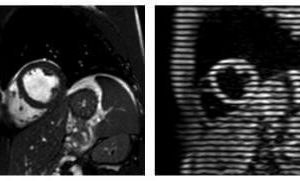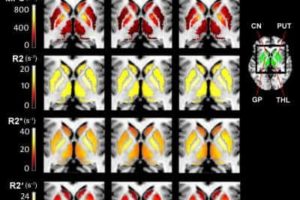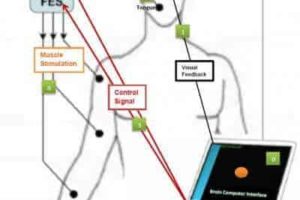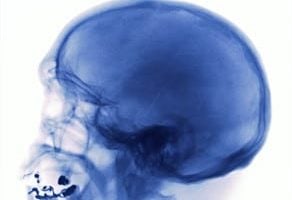radiological society of north america
Expert panel addresses safety in medical imaging
CHICAGO — An expert panel convened today at the annual meeting of the Radiological Society of North America (RSNA) to discuss medical imaging appropriateness, ionizing radiation from imaging procedures and efforts under way to curb overutilization…
Cancer risk from medical radiation may have been overestimated
CHICAGO — The risk of developing radiation-induced cancer from computed tomography (CT) may be lower than previously thought, according to a study presented today at the annual meeting of the Radiological Society of North America (RSNA).
“Radiat…
CT best at uncovering drug mule payload
CHICAGO — According to a study presented today at the annual meeting of the Radiological Society of North America (RSNA), the best way to detect cocaine in the body of a human drug courier, known as a mule, is through computed tomography (CT).
…
Virtual biopsy may allow earlier diagnosis of brain disorder in athletes
CHICAGO — In a study of ex-pro athletes, researchers found that a specialized imaging technique called magnetic resonance spectroscopy (MRS) may help diagnose chronic traumatic encephalopathy (CTE), a disorder caused by repetitive head trauma that…
Annual breast cancer screening beginning at age 40 reduces mastectomy risk
CHICAGO — Having a yearly mammogram greatly reduces the risk of mastectomy following breast cancer in women between the ages of 40 and 50, according to a study presented today at the annual meeting of the Radiological Society of North America (RSN…
People with sleep apnea at higher risk for aggressive heart disease
CHICAGO — People with obstructive sleep apnea (OSA), a sleep disorder associated with obesity, have more non-calcified or “bad” plaque in their coronary arteries, according to a study presented today at the annual meeting of the Radiological Socie…
Screening tool may better identify heart disease in African-Americans
CHICAGO — In a study being presented today at the annual meeting of the Radiological Society of North America (RSNA), researchers say they may have an explanation as to why African Americans, despite having lower amounts of coronary artery calcifi…





